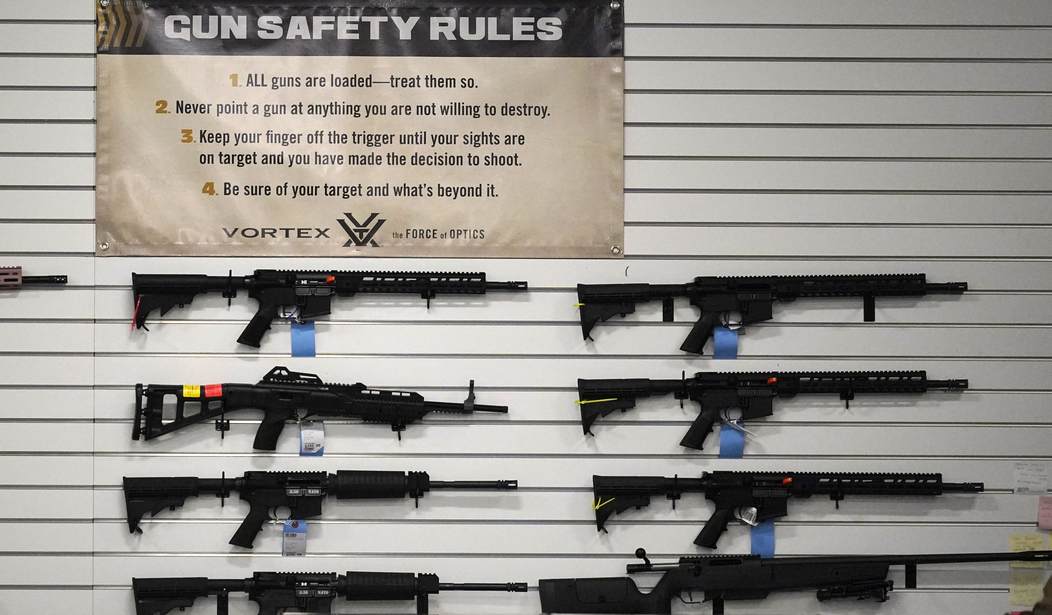I remember hearing the terrible news of what happened at Columbine.
Mass shootings weren't exactly new--they happened every so often--but this one was terrible in ways many of the others weren't. While Luby's in Killeen, Texas killed more people, it wasn't in a school. That made it worse.
We didn't know that it would seemingly spark a series of other schooling, many of which were at schools as well.
Since then, it seems that an entire generation has grown up fearing mass shootings at school, and one op-ed tries to make the case that politicians need to remember that many of them vote now.
The students who survived the 2012 Sandy Hook elementary school shooting — a pivotal moment in the movement for gun reform — are now adults of voting age.
“I’m graduating, I’m going to college, I get to go home, I get to see my dog, I get to do all this when they don’t. It’s just really hard,” survivor Emma Ehrens said in an interview with CNN.
For Ehrens and fellow survivor Grace Fischer, trauma has become motivation. Both have joined a foundation dedicated to gun prevention awareness. They also plan to pursue careers in legal studies, hoping to bring about change and increase civic engagement.
But it’s not just the surviving students who will be voting.
It’s an entire generation of kids who grew up with active shooter drills — taking breaks from times tables and school readings to learn how to barricade doors with chairs and cram 30 kids under counters — all to avoid the ever-present fear of becoming the next gun violence statistic.
Not only does this generation hold strongly developed opinions about gun policy, they’re also more politically active than previous generations at the same age.
Forty-one million members of Gen Z will be eligible to vote in the 2024 election. Despite this, neither presidential candidate is assuming a strong stance on gun reform.
That's somewhat true. I think Harris is pushing for gun control pretty strongly, all things considered.
However, I think the author is missing a lot of key points.
First, let's understand that while they're eligible to vote and might be more politically active than previous generations, the truth is that gun control isn't a pressing priority for most voters. Both Harris and Trump are going to craft their messages to address the issues that matter to voters as a whole, not some new cohort of voters that are just entering the voter base but aren't enough to shift the nation's priorities.
And let's be real here, a lot of them might be politically active and have grown up in the era of school massacres, but not everyone has it as their top priority. Many are worried about things like the economy, student loans or a host of other issues that may impact them far more immediately than the looming threat they were told was just around the corner and never materialized.
A lot of them are actually pro-gun, in part because they've seen the gun control arguments and new that their peers couldn't buy firearms, yet still saw some punk pull one out of his bookbag at lunch before being gang-tackled by teachers and/or school security. They saw gun control fail and aren't in favor of it. They'd rather defend themselves.
Yes, it's wise to remember that new voters become eligible each year.
It's also wise to remember that no age group is monolithic in its priorities or opinions.








Join the conversation as a VIP Member